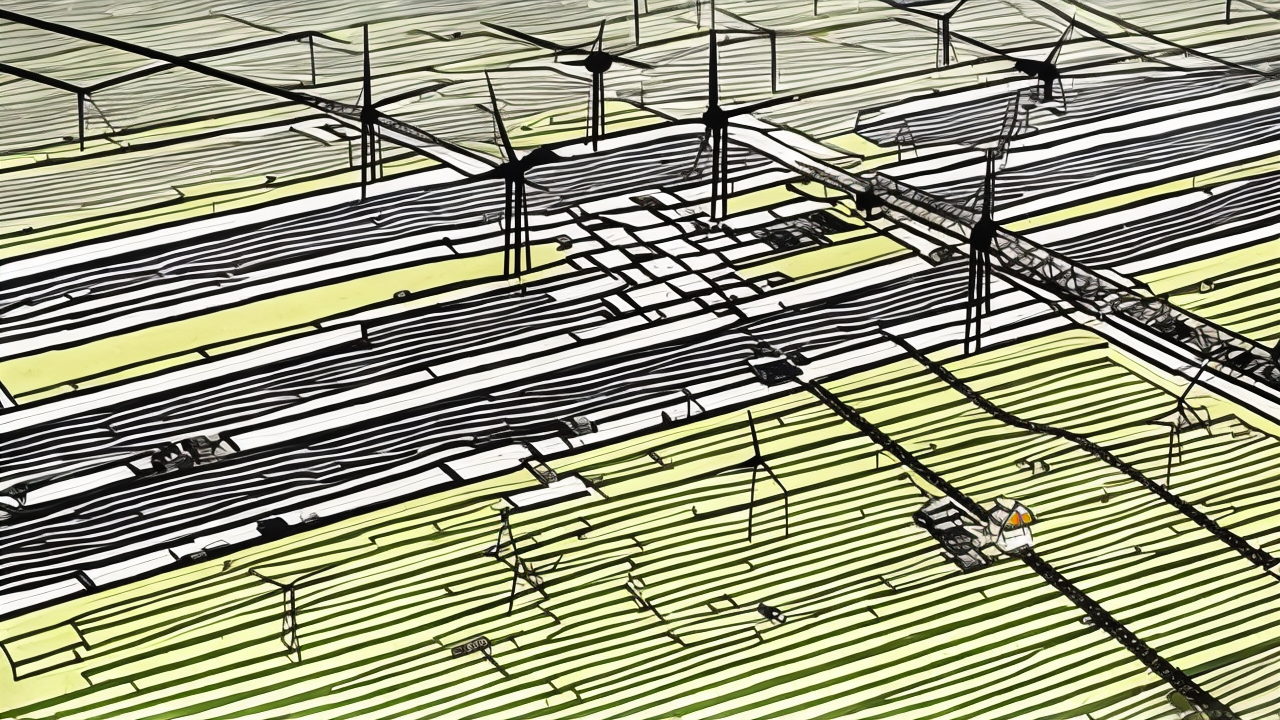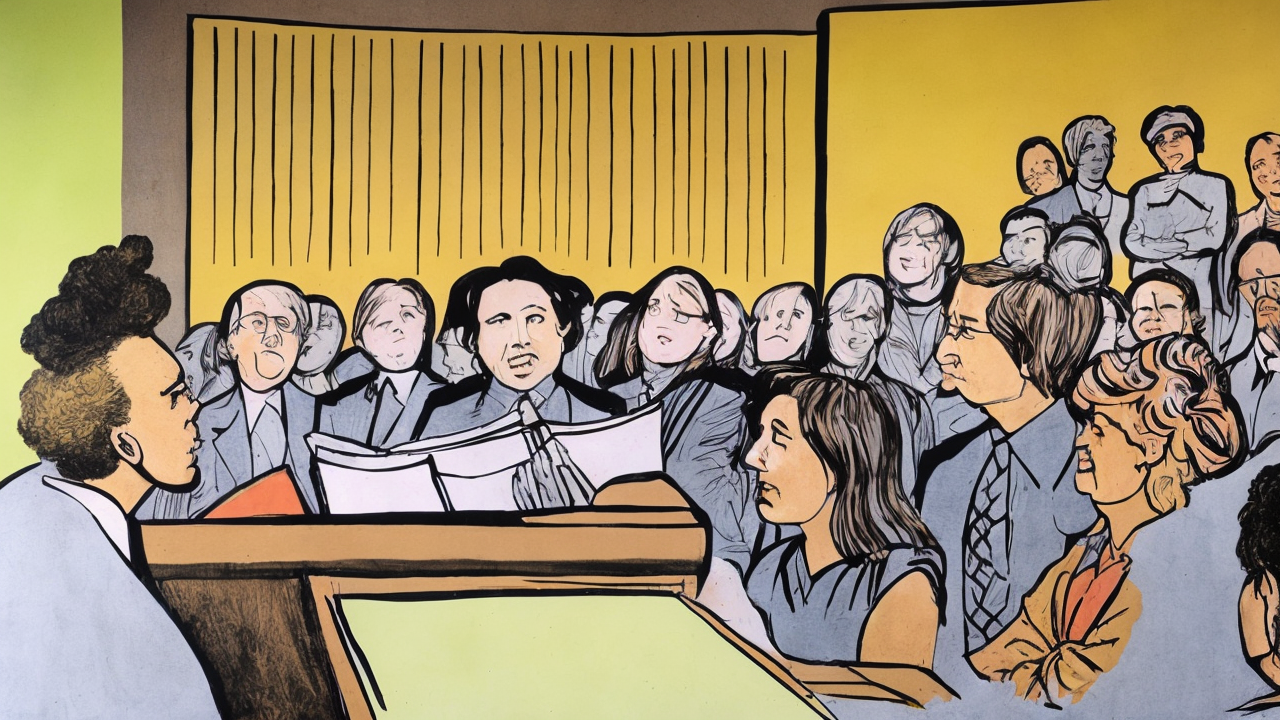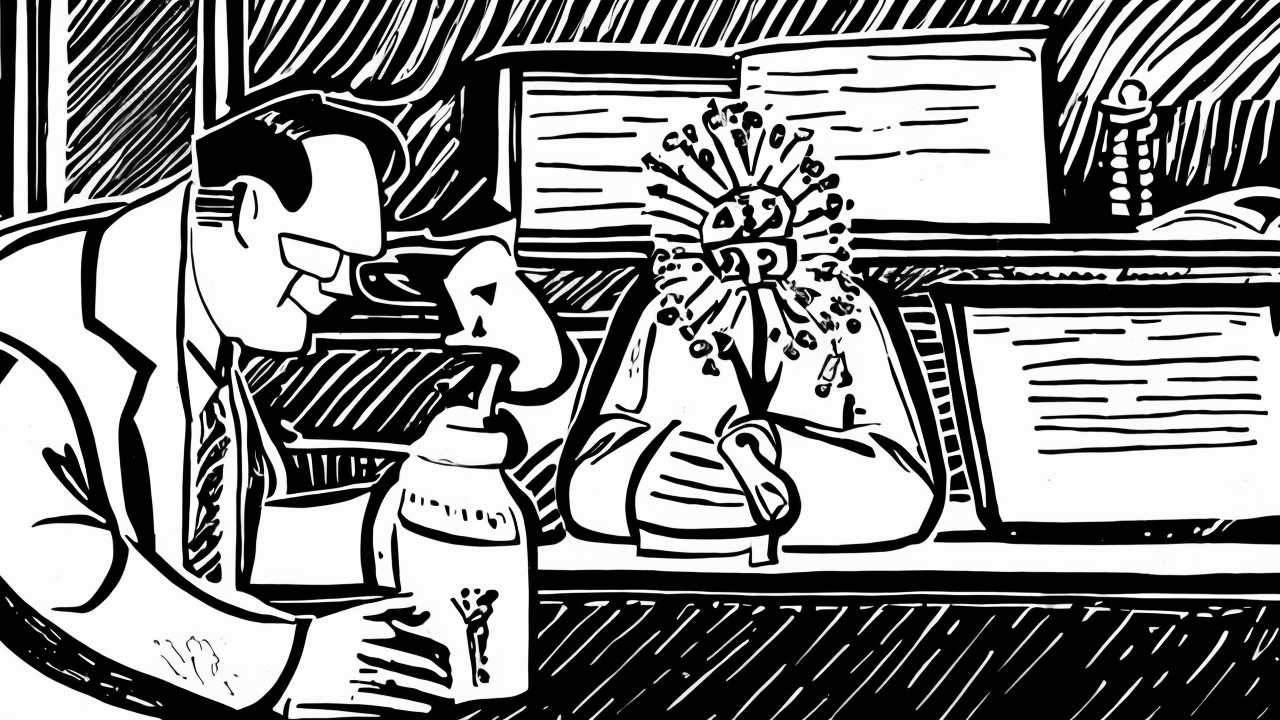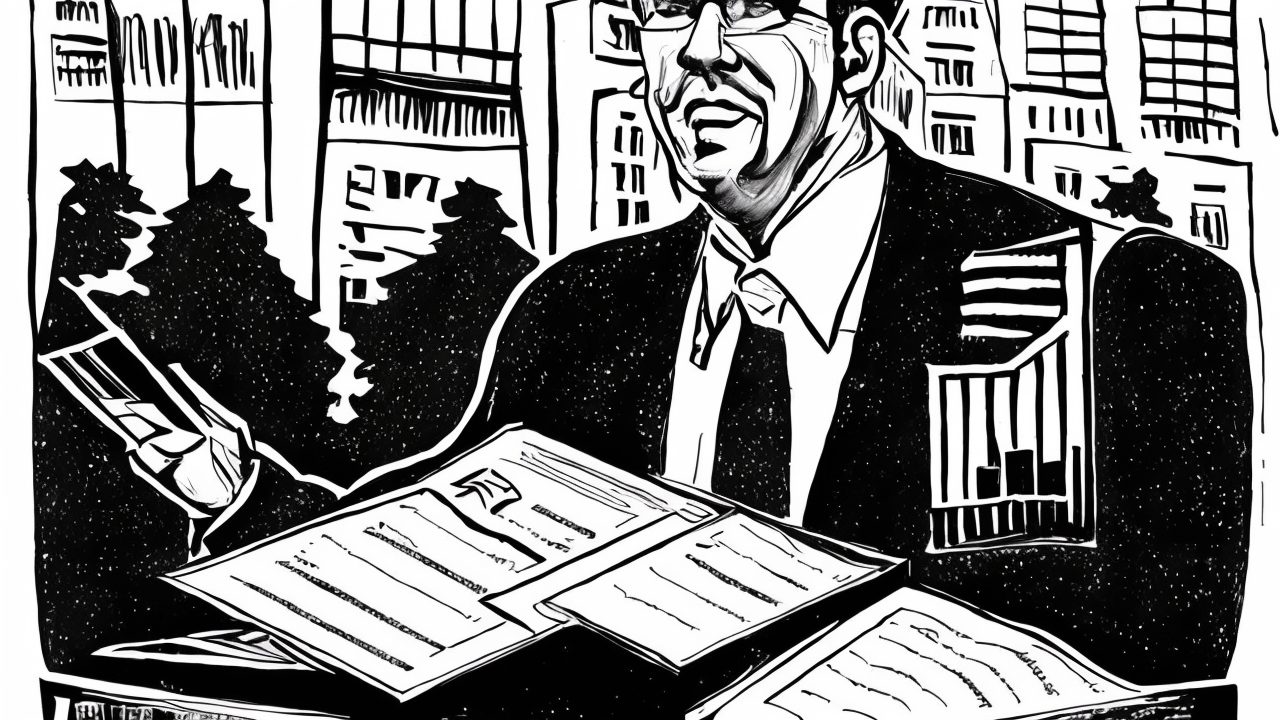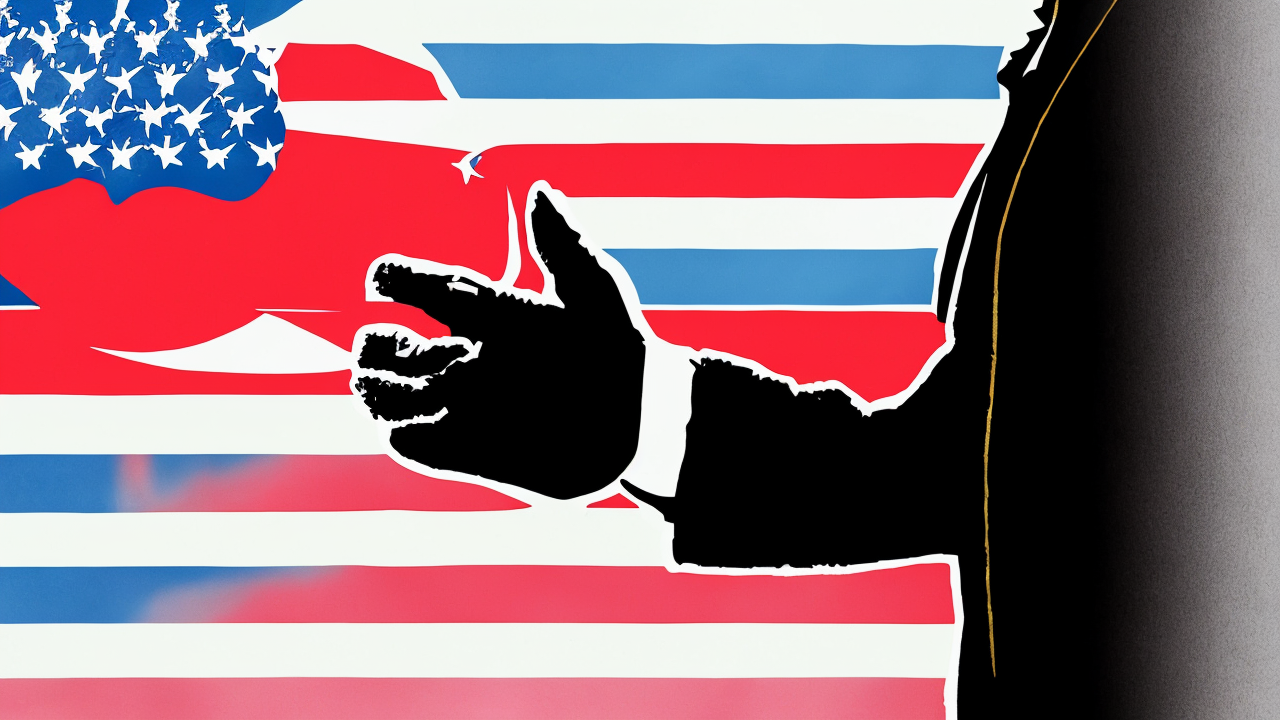Maine Ballot Scandal Spotlights Need for Voter ID

A recent discovery in Maine has brought long-standing concerns about election integrity into sharp focus. A woman found 250 ballots in a battered Amazon box addressed to her—despite never requesting them. The incident occurred just weeks before voters will decide on Question One, a ballot measure that would require photo identification to request an absentee ballot and eliminate third-party drop-off sites. This event is not an isolated glitch; it is a symptom of a broader problem in how we safeguard one of our most sacred civic duties.
The response from some political leaders has been troubling. Maine’s Democratic Party chairman admitted that voter ID laws would likely reduce Democratic turnout. While such a statement may reflect political strategy, it also reveals a deeper discomfort with transparency. If elections are truly fair and accessible, then requiring identification should not be seen as a barrier. Instead, it should be viewed as a standard of accountability, much like presenting a driver’s license at a liquor store or verifying identity when cashing a check.
Secretary of State Shenna Bellows, a former ACLU staffer, has claimed that voter fraud does not exist in Maine. Yet she has also acknowledged that noncitizens remain on the voter rolls. This contradiction undermines public confidence. If we cannot ensure that only citizens vote, then no amount of procedural reform will restore trust. The fact that fraud has been documented in other states—such as North Carolina, where a congressional election had to be redone, or Pennsylvania, where two men were charged with voter fraud—shows that the risk is real and not theoretical.
Voter ID laws are not about limiting access; they are about protecting the process. The vast majority of Americans—80 percent—support requiring identification to vote. This broad consensus reflects a shared understanding that integrity in elections is not a partisan issue but a national one. Requiring an ID is no more burdensome than other routine checks we accept in daily life. It is not about suspicion, but about responsibility.
In swing states like Maine, where elections can influence national outcomes, the stakes are particularly high. When ballots are delivered in unmarked boxes or dropped off by unknown individuals, the risk of tampering or misdirection increases. Question One, if passed, would introduce a basic layer of verification that helps prevent such vulnerabilities. It would ensure that absentee ballots are requested by the actual voter and not by someone else, whether out of convenience or malice.
This is not about politics. It is about principle. A free society depends on free and fair elections. When people believe their vote does not matter or that others are voting illegally, that belief spreads. It weakens civic engagement and divides communities. We must act not out of fear, but out of duty—to preserve the trust that holds our democracy together.
Maine has a chance to lead by example. By supporting Question One, voters can affirm their commitment to a system where every ballot is cast by a qualified citizen and counted with confidence. This is not a political move. It is a moral one. When we protect the integrity of the ballot, we protect the future of our nation.
Published: 10/14/2025

